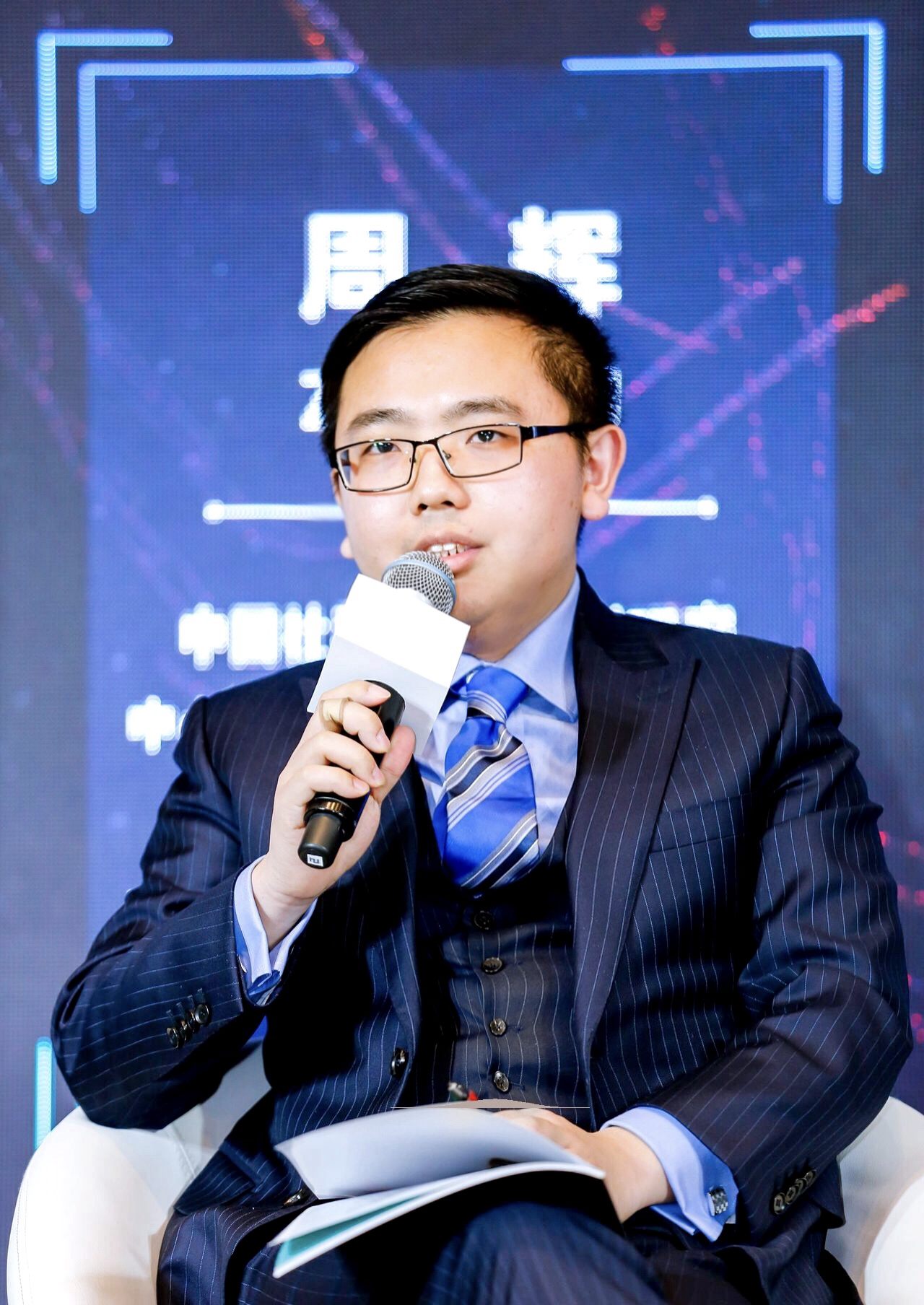
Abstract:Currently, China needs to prioritize addressing three key challenges in the field of artificial intelligence (AI): coordinating the whole-life-cycle risks and all-factor development of AI, achieving the balanced supply of new and existing regulations, and adapting to intensifying global competition. The urgency of these issues underscores the need for comprehensive AI legislation. Alternative approaches, such as general provisions, fragmented legislation, or lower-tier regulations, face dilemmas, including insufficient operability, lack of coordination, and ambiguity in legislative authority. Comprehensive AI legislation aims to establish an AI legal governance paradigm featuring holistic response and proactive shaping. It undertakes multiple functions of promoting development, preventing risks, and regulating powers. Its core task lies in achieving systematic normative content, a comprehensive scope of adjustment, and integrated value objectives. Therefore, it need not be confined to the name of “Artificial Intelligence Law” nor be an all-encompassing AI code. Advancing comprehensive AI legislation requires a scientific analysis of legislative needs and proactive planning of institutional reforms to prepare for lawmaking. In terms of content, the legislation should adopt a matrix framework encompassing all AI elements, classified subjects, and the entire AI cycle, with the national AI regulatory authority serving as the central driving force. Meanwhile, it should integrate mechanisms enabling dynamic updates, continuous adaptation, and temporary research and development suspensions when necessary. This would ensure that the legislation remains valid and adaptable, allowing timely responses to evolving technological needs and emerging risks post-implementation.
Keywords: artificial intelligence legislation, artificial intelligence governance, artificial intelligence law, legislative models
Author:Zhou Hui, associate research fellow, CASS Institute of Law;
Source: 6 (2025) Chinese Journal of Law.



